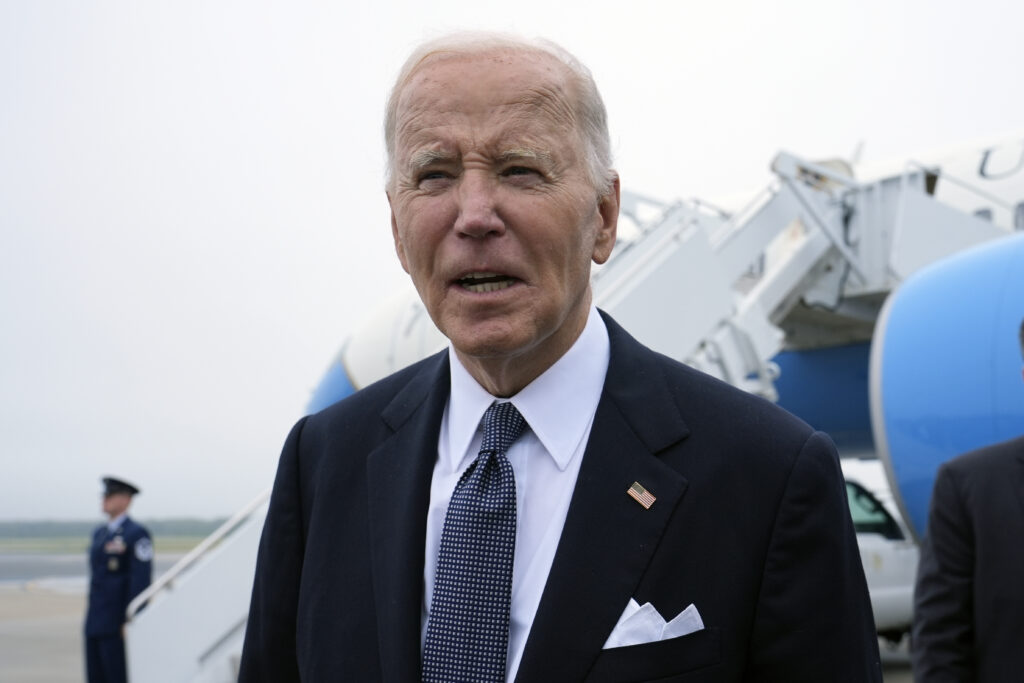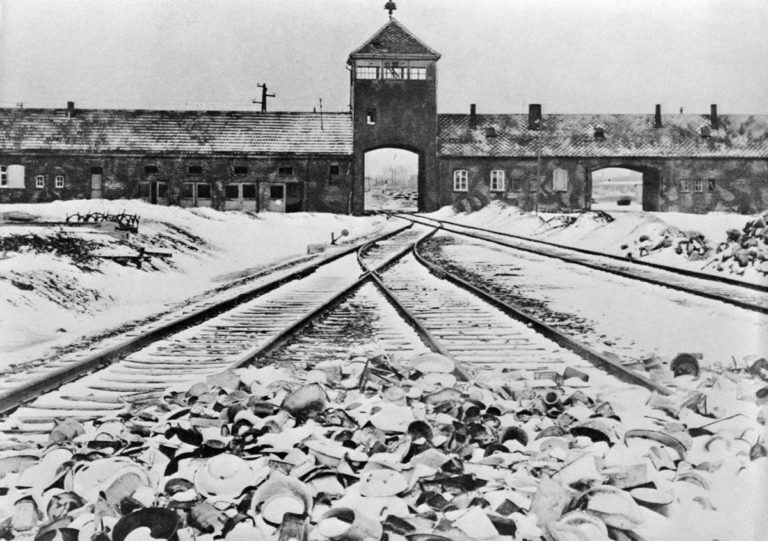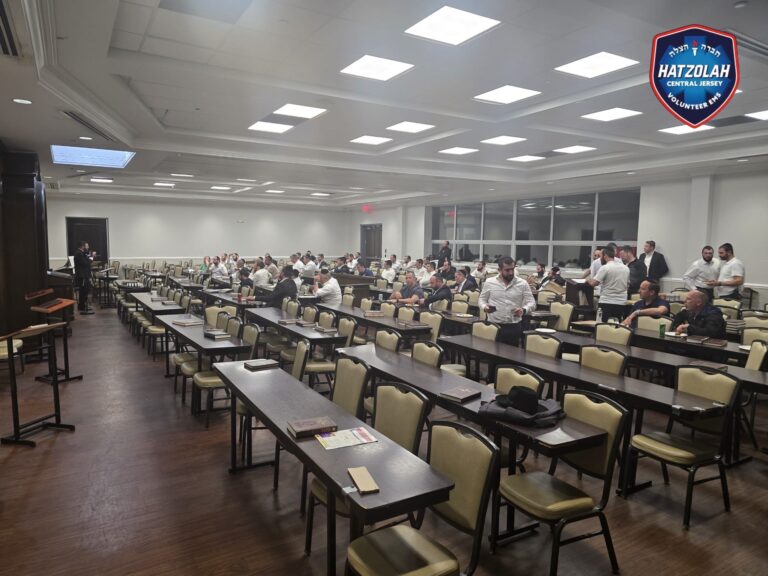Senior aides to President Joe Biden are reportedly engaged in intense internal deliberations over whether to issue preemptive pardons to current and former public officials who could face scrutiny under a potential second term for President-elect Donald Trump, Politico reports. The debate highlights growing anxiety within the administration about Trump’s vows to target political adversaries, according to senior Democrats familiar with the discussions.
The discussions, led by White House Counsel Ed Siskel and involving key advisors like Chief of Staff Jeff Zients, reflect concerns about officials who might be in Trump’s crosshairs, including members of Congress, former appointees, and public figures who have drawn the ire of the former president. Trump recently appointed Kash Patel, a loyalist who has pledged to investigate Trump’s critics, to lead the FBI, further heightening alarm in Democratic circles.
Among those potentially at risk are members of the January 6th Committee, such as Senator-elect Adam Schiff (D-Calif.) and former Representative Liz Cheney (R-Wyo.), both of whom have been vocal critics of Trump. Trump previously called for Cheney to be jailed alongside others on the committee. Dr. Anthony Fauci, the former head of the National Institute of Allergy and Infectious Diseases and a frequent target of conservative ire during the COVID-19 pandemic, is also reportedly under consideration for a pardon.
While the Biden administration is weighing the extraordinary move of issuing preemptive pardons to individuals who have not been charged with any crimes, the decision carries significant political risks. Critics argue that such a step could imply wrongdoing, playing into Trump’s narrative of corruption among his opponents. Furthermore, some officials who might be offered pardons have expressed reluctance to accept them, citing concerns about appearances and principles.
The conversations, according to sources, were prompted by Trump’s repeated public threats and private lobbying from congressional Democrats concerned about retaliatory investigations. Notably, Biden himself has not yet been involved in the broader pardon discussions, though his recent decision to pardon his son, Hunter Biden, underscores the administration’s awareness of the legal and political perils tied to potential Trump reprisals.
The proposal for preemptive pardons has sparked debate among Democrats. Some lawmakers, such as Senator Ed Markey (D-Mass.), have pointed to President Gerald Ford’s pardon of Richard Nixon as a historical precedent, suggesting that a similar move might be necessary to protect the nation from divisive political vendettas. Others, including Schiff, have pushed back against the idea, arguing it could be perceived as unnecessary and defensive.
“I would urge the president not to do that,” Schiff said in a statement, reflecting the unease of some Democrats who do not wish to appear to need legal protection.
Beyond the potential for criminal charges, Biden’s aides are concerned about the financial burden that even unfounded investigations could place on individuals. Legal defense costs, particularly for those without significant personal wealth, are a looming worry. Some officials are reportedly already considering lucrative private-sector roles to ensure they can afford legal representation if needed.
Adding to the complexity is pressure from progressive Democrats to extend clemency to working-class individuals who have faced harsh prosecutions for nonviolent offenses. House Democratic Leader Hakeem Jeffries (D-N.Y.) recently called on Biden to prioritize “working-class Americans in the federal prison system” for clemency, citing the president’s pardon of his son as a precedent for extending mercy more broadly.
End-of-administration pardons have historically been politically sensitive, but the stakes appear unprecedented as Biden’s aides grapple with the potential fallout of Trump’s return to the White House. While the administration seeks to balance legal protections for officials with the optics of granting blanket immunity, the outcome of these deliberations could shape the closing chapter of Biden’s presidency and the broader political landscape for years to come.
A White House spokesperson declined to comment on the internal discussions but did not deny their existence. As the clock ticks down on Biden’s term, the decision of whether to issue preemptive pardons remains one of the most consequential—and controversial—questions facing his administration.
(YWN World Headquarters – NYC)












4 Responses
In fair world Fauci and his minions wouls face the gallows. Ironically, Trump was too ignorant & foolish to keep him on & give him power.
Not to give them any ideas, but they can pardon all undocumented guests to prevent mass deportation. Everyone eligible please send your undocumented documents to the white house for processing asap.
Anyone who needs a pardon because they corruptly targeted trump will not refuse one.
They are more concerned about going to jail than appearing guilty
Anyone who refuses a pardon is a clear sign that they did nothing wrong
What is more crazy, is that Trump is not planning to pardon most January 6th rioters.